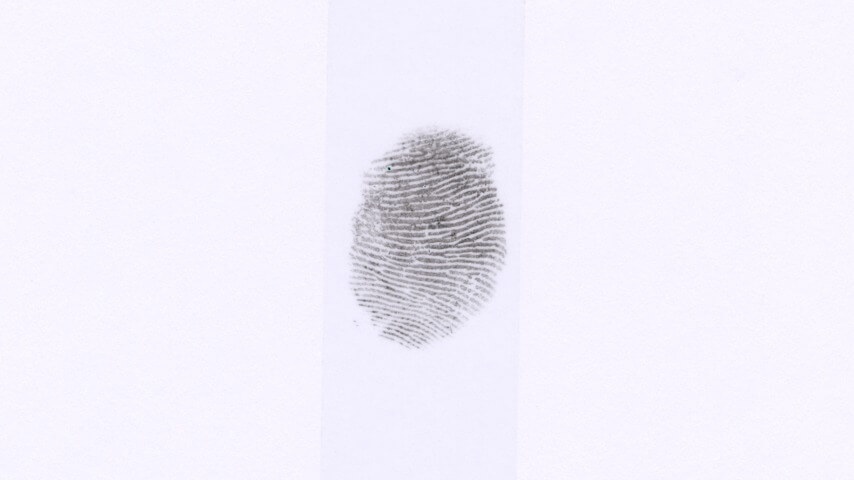Tobias Jesso Jr.’s shine is a dim comeback
Ten years after his breakout debut, the Canadian singer-songwriter returns with a sparse yet feeble sophomore record that feels less like a proper follow-up and more like a collection of unused demos for other artists.

When listeners were first introduced to Tobias Jesso Jr. in 2015, he was at his lowest. The Canadian singer-songwriter, then 30 years old, had just gone through a breakup and learned about his mother’s cancer diagnosis. He metabolized the deep-seated sadness from both traumas into Goon, a soulful and devastating debut whose vintage sound summoned the spirits of Brian Wilson, Randy Newman, and Harry Nilsson but whose contemporary touch avoided making it feel like a total pastiche. From the piercing heartache of “How Could You Babe” to the haunting self-doubt of “Hollywood” to the jaunty, campy honky-tonk of “Crocodile Tears,” every key stroke and line felt like they belonged to Jesso Jr. Beyond his talent behind the piano and flexible modulation of his tenor, he tapped so earnestly into his pain and expressed it with such naked vulnerability, you’d think he’d been writing and making music for decades at that point.
Perhaps it was Jesso Jr.’s emotional straightforwardness and disarming maturity that put him on the radar for musicians wanting to apply those same qualities in their own work. For the past ten years, Jesso Jr. has written and produced for a dizzying list of big names in the mainstream and indie pop world—Adele, Sia, Justin Bieber, Miley Cyrus, Dua Lipa, FKA Twigs—as well as more recent emerging stars, like Rosalía and Dijon. While it’s been great seeing his songwriting and producerial skills put to good use, especially on hits like Adele’s “When We Were Young” and HAIM’s “Relationships,” it was hard not to wonder whether Jesso Jr. would ever consider returning to making songs for himself again.
As luck would have it, he announced his long-awaited follow-up shine just last week, accompanied with a lead single, “I Love You,” and a music video featuring cameos from Dakota Johnson and Riley Keough. Given his prolific portfolio, one would expect shine to be a good opportunity for Jesso Jr. to further showcase his musical dexterity, using all the wisdom and ideas he’s carried with him over the years and channeling it back through his voice. Unfortunately, shine arrives completely undercooked.
Jesso Jr.’s sophomore record is minimalism at its most monotonous, so stripped down in its sparseness that it can barely hold its own weight. Clocking in at just under 30 minutes, its eight tracks function less like proper songs and more like demos made for someone else. The intimate, piano-driven, live-recording ambiance suggests an off-the-cuff rawness and spontaneity in the vein of something like Prince’s Piano & A Microphone, but the actual presentation comes off more as a shockingly limp, hollow exercise. This vague sense that shine doesn’t even seem like something Jesso Jr. made for himself extends to the album’s ascetic cover (a lone fingerprint that could be anyone’s) as well as the restraint in his voice. Where his croon on Goon was bracing and immediate, his vocals here are bashful, acting as if he’s not the one who’s ultimately supposed to be reading the words he’s written.
 Keep scrolling for more great stories.
Keep scrolling for more great stories.
